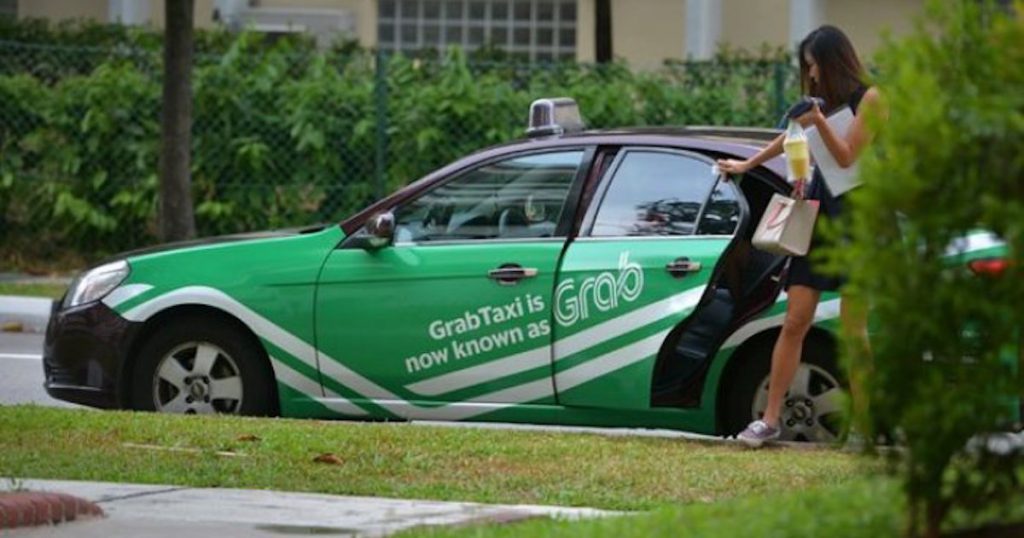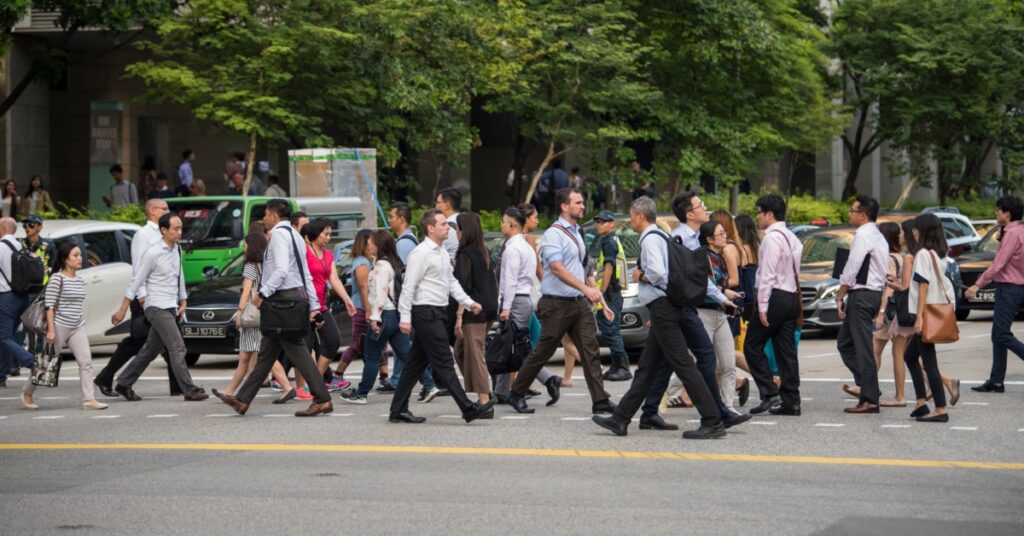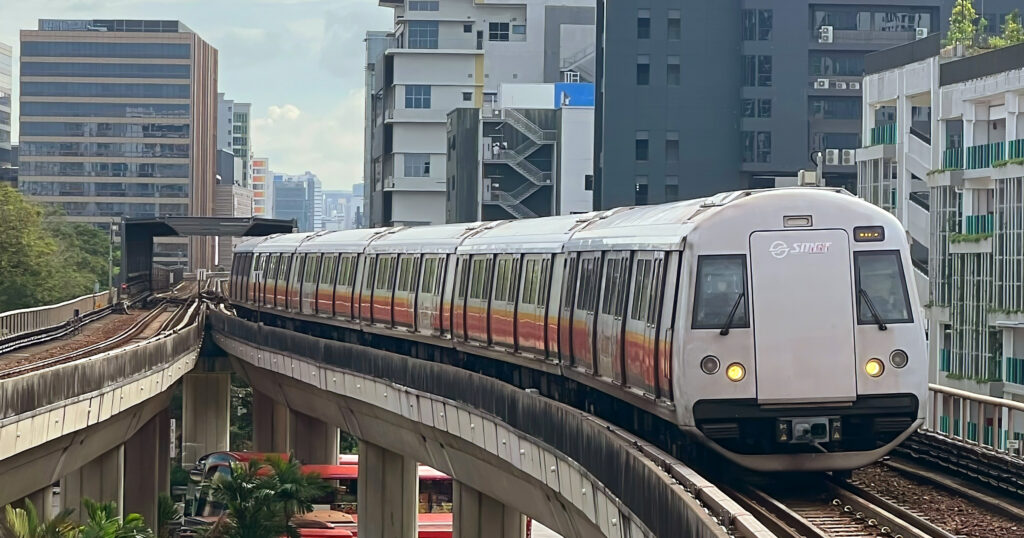Superapp Grab is launching a carbon offsetting feature for ride-hailing services in a bid to reduce its environment footprint.
Users can add less than S$0.13 (US$0.10) per fare ride to offset the carbon emitted on their car journeys.
The funds will go towards reforestation and conservation projects in Southeast Asia. Trees will be planted in GrabForGood Forests in Indonesia, Malaysia, Thailand and Vietnam through partner organisations.
Malaysia, Indonesia, and Thailand will be the first to experience this feature next month.
Singapore, and other nations including Vietnam and the Philippines will get this feature in the third quarter of this year.
Anthony Tan, group chief and co-founder of Grab said: “The health of our business is intrinsically linked to the welfare of our communities and the protection of our environment.”
“In order for our business to grow and succeed in the long run, we must work towards building thriving communities where our partners have sustainable income opportunities, while protecting our environment for generations to come,” he added.

Earlier news articles had mentioned Grab working on plans to decarbonise its operations. It is set to announce its net-zero carbon targets by next year, along with its carbon goal roadmap.
Meantime, rival Gojek is also embarking on similar goals. Last month, Gojek announced that it will work towards net-zero carbon emissions by 2030.
Boosting electric vehicles adoption
Grab says that it’s working on a new feature that will enable customers to choose an electric vehicle (EV), rather than a petrol or diesel-powered car, when booking a ride.
It is launching new EV pilot programmes with Hyundai Motor to make the ownership of such cars more affordable and accessible.
The pilot programmes will test new EV business models such as battery-as-a-service and car-as-a-service leasing arrangements, and EV financing options tailored to Grab’s driver and delivery-partners.

An in-depth feasibility study will also be made regarding the gaps and barriers to wider EV ownership and adoption. A joint roadmap will be developed to make EVs a more viable option for on-demand mobility and delivery services.
Currently, the EV adoption faces some resistance due to the high vehicle costs. An EV may cost up to 10 per cent higher than a petrol powered car.
Also, a lack of charging locations and the longer time required to juice up a car are some concerns making mass adoption a challenge.
Grab is a key content pillar for Vulcan Post. You can find the rest of our Grab coverage here.
VP Label puts together all the best local products for you to discover in one place. Join us in supporting homegrown Singaporean brands:
[iframe_vp_product src=”https://vulcanpost.com/label/embed-all/” id=”iframe1″]
Featured Image Credit: Expat Go











